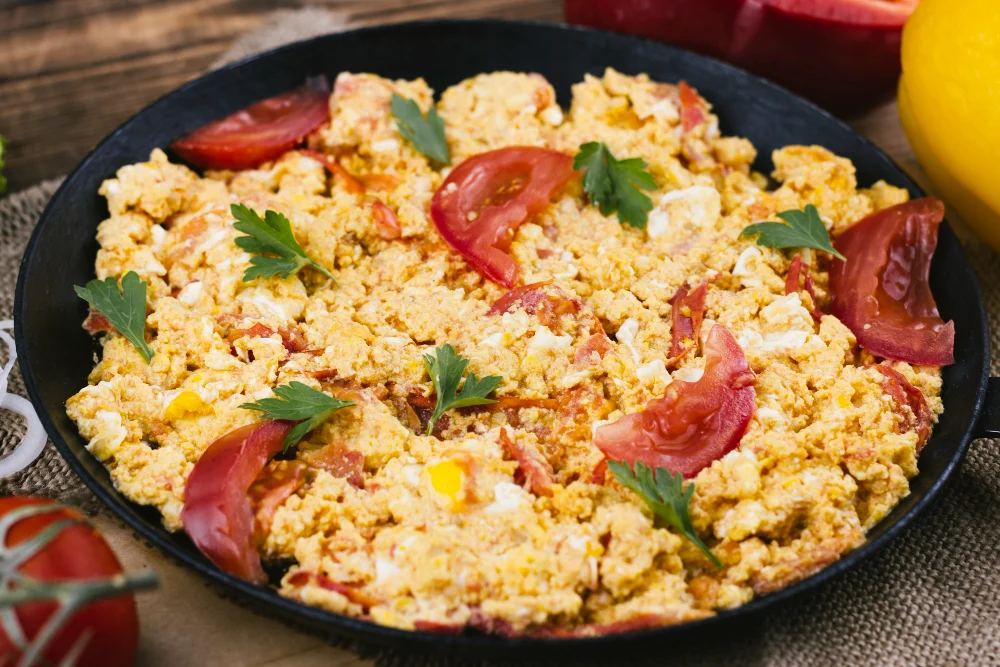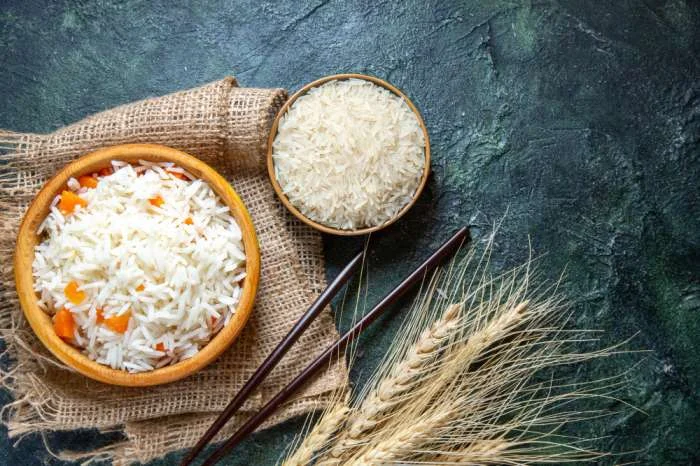Ever Wondered Why Your Scrambled Eggs Taste… Meh?
Let me ask you something: Have you ever cracked open six eggs, whisked them diligently, cooked them with care—only to take a bite and think, “Well, that’s just… fine”?
I’ve been there. More than once, actually. As someone who’s experimented with everything from chilli oil to crushed fennel seeds in my eggs, I’ve learned that the seasoning is not just a finishing touch—it’s the soul of the scramble.
In this guide, I’ll share what I’ve learnt (and tasted) along the way, with help from a couple of chefs, dietitians, and an embarrassing number of egg-related kitchen mishaps. This isn’t your usual list of “add salt and pepper”—we’re diving deep into how to actually elevate your scrambled eggs.
Why Seasoning Matters More Than You Think
Scrambled eggs are deceptively simple. But the truth is, without the right balance of salt, spices, and aromatics, they can quickly become bland, rubbery, or forgettable.
Chef Lillian Cooper, who trained in French culinary techniques, explains it this way:
“Eggs are neutral by design. They carry flavour but don’t offer much of their own. The seasoning isn’t optional—it’s the structure.”
Scientifically speaking, seasoning helps activate your taste receptors. Salt brings out natural umami. Herbs and spices provide contrast and complexity. And timing—when you season—is just as important as what you use.
The Basics: Salt, Pepper, and When to Add Them
Let’s start with the pillars.
Salt
When to add it: Before cooking.
I used to sprinkle salt at the end—big mistake. Salting your eggs before they hit the pan helps denature the proteins, making the final result creamier and more cohesive.
Pro tip: Use a fine-grain sea salt so it dissolves evenly.
Pepper
Black pepper adds a mild heat and earthy aroma. Freshly cracked is non-negotiable. The powdered stuff? Might as well be dust.
When to add it: After cooking or midway through cooking. Too early and it becomes bitter.
Beyond Basics: Herbs, Spices, and Aromatics That Work
Here’s where you can get creative—without getting weird.
Fresh Herbs
- Chives: Classic. Delicate onion flavour without overpowering.
- Parsley: Bright, grassy, and refreshing.
- Tarragon: Slightly sweet and anise-like—great with buttered eggs.
When to add: Chopped and folded in after cooking for maximum freshness.
Dried Spices
- Smoked paprika: Adds depth and colour.
- Cumin: Earthy warmth, especially good with cheese.
- Turmeric: A pinch adds colour and an anti-inflammatory boost.
“Turmeric works especially well if you’re serving eggs with a yoghurt-based side,” says nutritionist Dr. Ahmed Qureshi.
Aromatics
Sautéed garlic or shallots, when done gently, can add an entirely new layer of flavour. But be careful—burnt garlic is a tragedy.
Fat as Seasoning: The Underrated Trick
This was a game changer for me.
Using flavoured fats can infuse your eggs with layers of taste without cluttering the ingredient list.
- Garlic-infused olive oil for Mediterranean notes
- Browned butter for a nutty, French twist
- Duck fat if you’re feeling indulgent (and it’s a Sunday)
Chef Cooper swears by a half-butter, half-cream cheese mix melted into the eggs before they set. I tried it once—now it’s my Sunday tradition.
Cheese: Friend or Foe?
Let’s be honest—some people go overboard with cheese. But when used thoughtfully, it is a seasoning.
Best cheese pairings:
- Feta: Briny and sharp, works well with herbs
- Cheddar: Aged and nutty—good with paprika or chilli
- Goat’s cheese: Smooth and tangy, perfect for a brunch plate
Crumble or fold it in just before the eggs finish cooking. Let residual heat do the melting.
Timing and Technique: Don’t Ruin a Good Thing
Even with perfect seasoning, poor technique can sabotage the dish.
Don’t skip:
- Low heat: Essential for creamy texture
- Constant stirring: Keeps eggs tender and prevents overcooking
- Rest time: Letting eggs sit in the pan off heat finishes the cooking gently
“Most people overcook their scrambled eggs. By the time they look done, they’re actually overdone,” says food scientist and author Harold McGee.
My Go-To Recipe: Creamy, Balanced, and Bold
Here’s my tried-and-tested formula:
Ingredients:
- 3 eggs
- ¼ tsp fine sea salt
- ½ tsp butter + ½ tsp garlic-infused olive oil
- Pinch of smoked paprika
- Cracked black pepper
- 1 tbsp cream cheese (optional)
- Chopped chives
Method:
- Whisk eggs with salt.
- Heat fats on low in a non-stick pan.
- Pour eggs in, stir continuously.
- When 80% cooked, fold in cream cheese.
- Remove from heat, rest 30 seconds.
- Top with chives, paprika, pepper.
Serve with toasted sourdough and a smug smile.
FAQs:
Q: Can I add milk to scrambled eggs?
A: You can, but it often makes them watery. Cream or cream cheese gives better richness.
Q: What’s the best herb for scrambled eggs?
A: Chives are the go-to for their subtle flavour. But parsley and dill can also work beautifully.
Q: How do I make scrambled eggs spicy?
A: Add a dash of chilli flakes, cayenne, or a swirl of chilli oil right at the end.
Q: Should I season before or after cooking?
A: Salt before, everything else depends on your flavour goals.
Final Thoughts: It’s All About Balance
At the end of the day, perfect seasoning isn’t about piling on ingredients—it’s about balance, intuition, and a little experimentation. The best scrambled eggs I’ve ever had weren’t at a fancy hotel—they were made at home on a quiet Sunday with simple ingredients, seasoned just right.
So next time you reach for that egg carton, think of it as a blank canvas. A pinch here, a swirl there, and you’ll never settle for bland again.
Tried This? Let’s Talk Eggs.
What’s your go-to secret for scrambled eggs? I’d love to hear your twists, tweaks, and tasty successes—drop them in the comments or share your own eggspiration!
External links:
Read Also: The Difference Between Green Mussels and Black Mussels

















